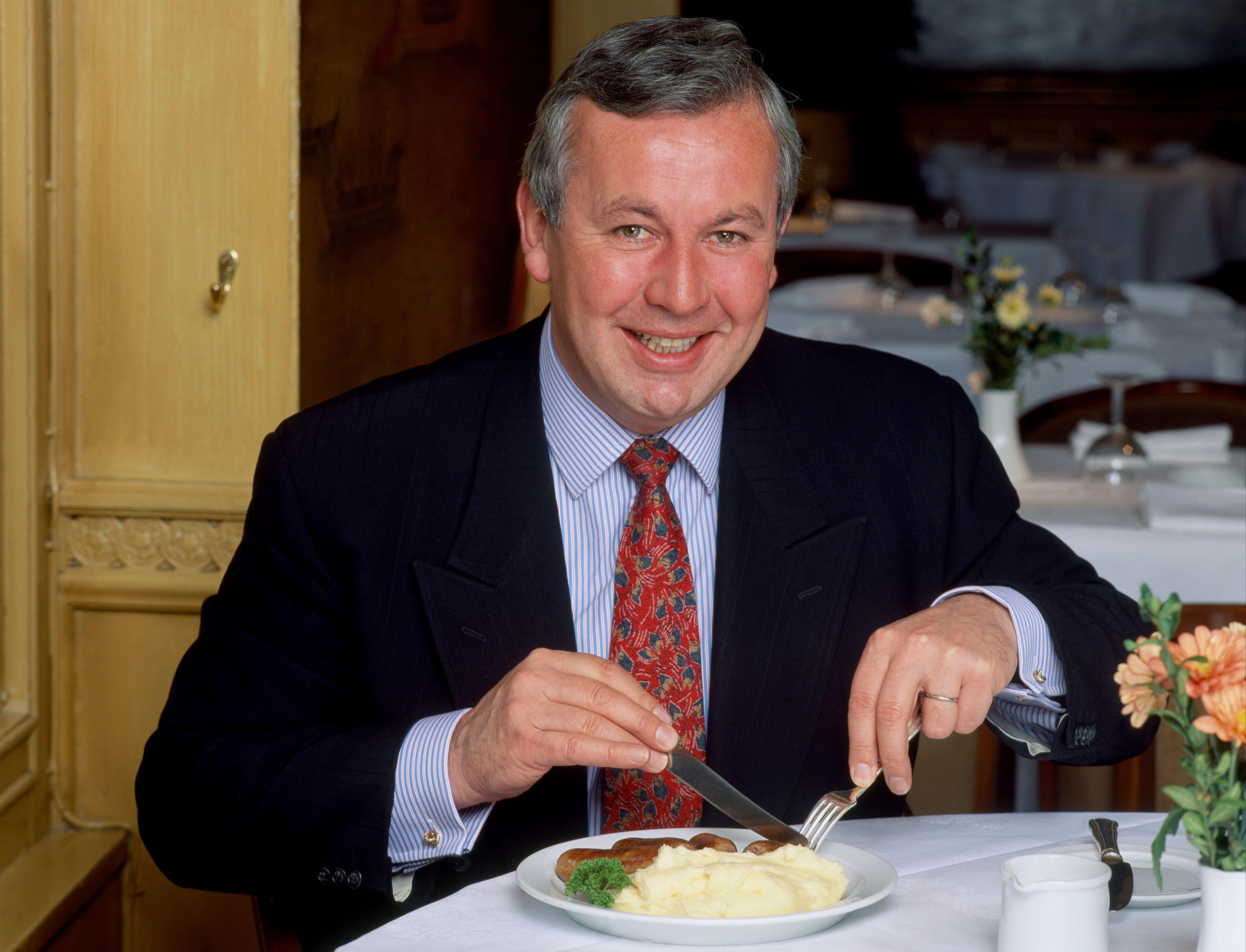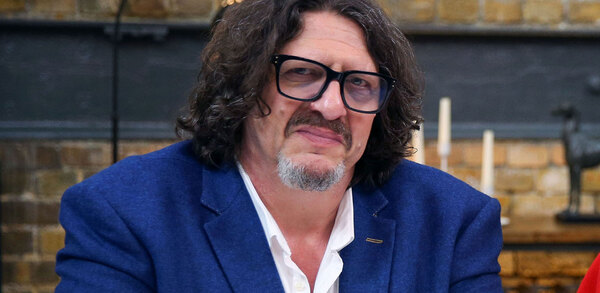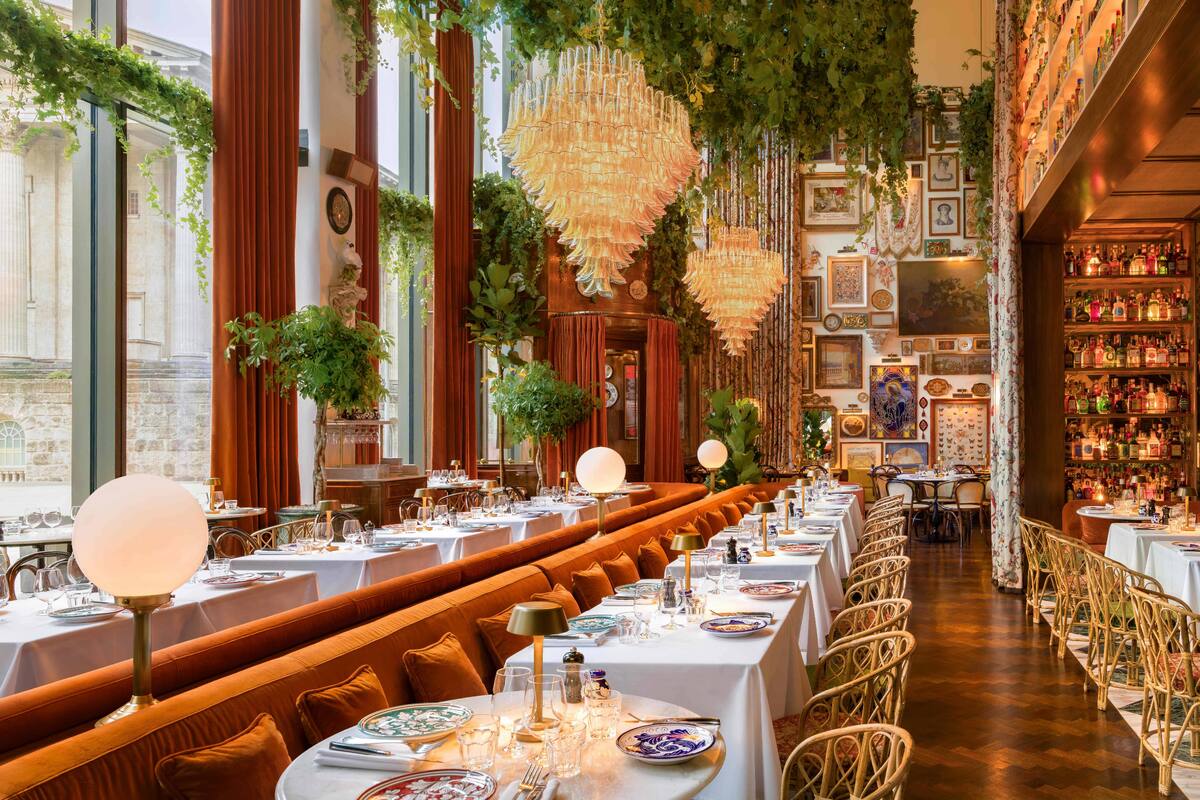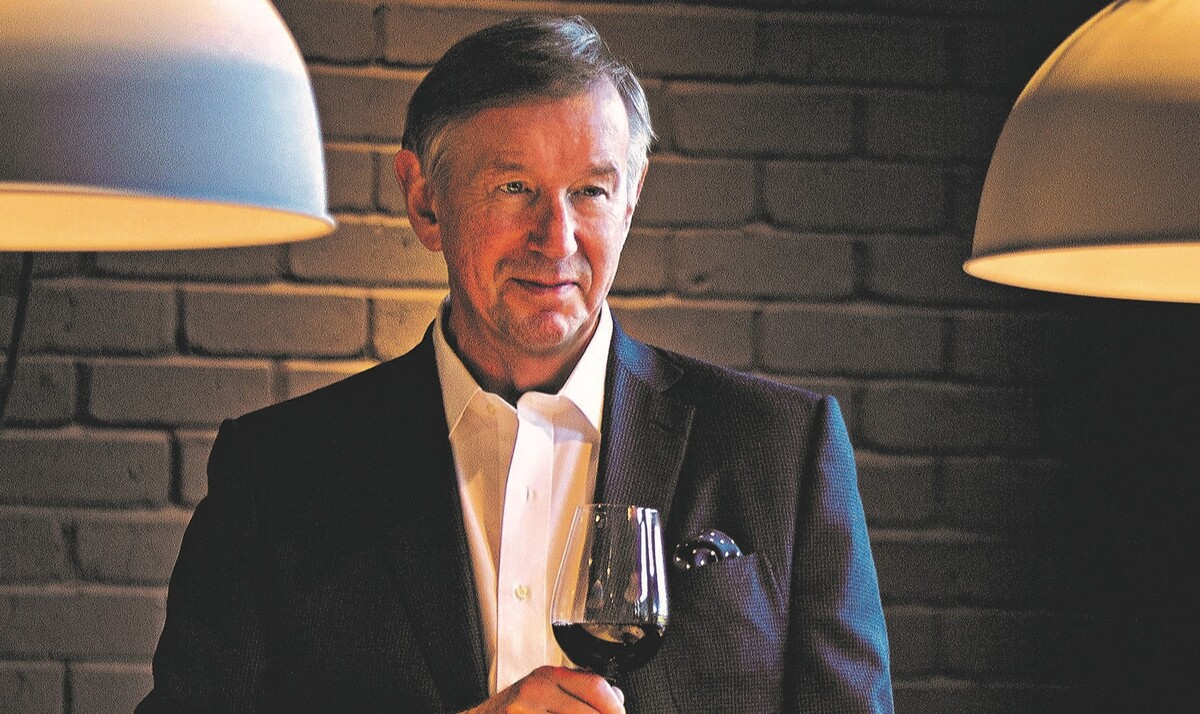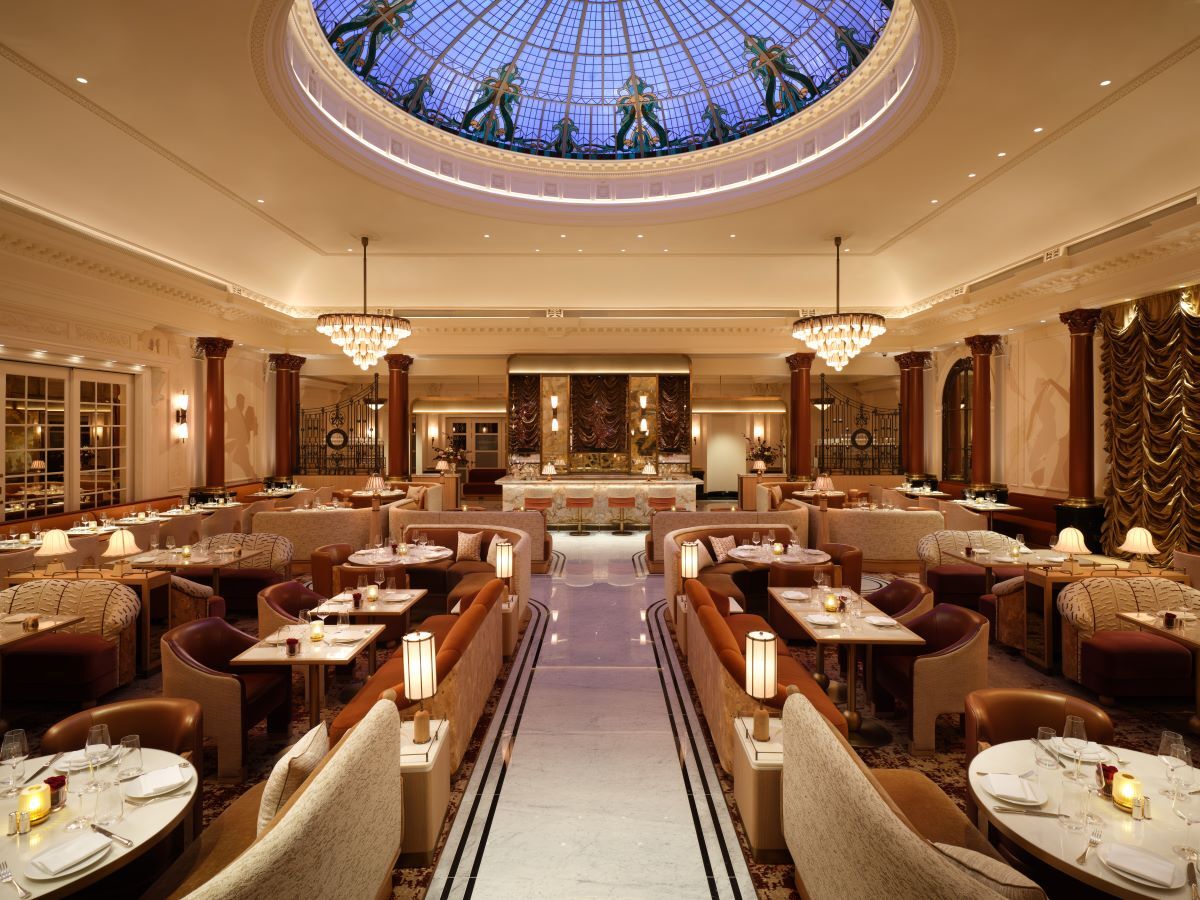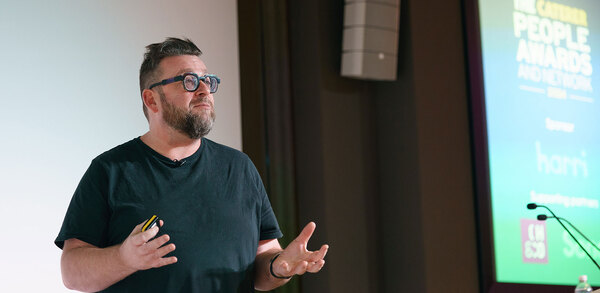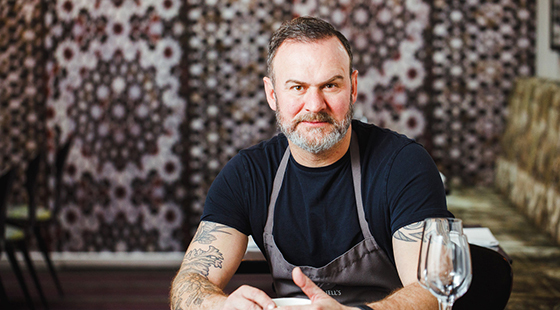Richard Shepherd dies aged 77
Richard Shepherd, one of the first British chefs to achieve a Michelin star and former chef-partner in Langan’s Brasserie, has died aged 77.
Shepherd was born in 1945 in Weston-super-Mare, where he worked in hotels and restaurants during his school holidays. In 1960 he became an apprentice at the Mount Pleasant hotel in Great Malvern, Worcestershire.
He moved from the Great Malvern to the Savoy hotel in London as commis chef in 1963. He served as a commis chef at Simpsons-in-the-Strand in 1963 and, from 1964, at the Savoy, where he worked with legendary chefs Silvano Trompetto and Louis Virot.
In 1967 Shepherd became chef de partie at the Grand-Hôtel du Cap-Ferrat and La Réserve de Beaulieu in the south of France. He returned to London to take the same position at the Dorchester hotel from 1969 to 1971.
He joined the Capital hotel as chef de cuisine in 1971 where, with Brian Turner as his number two, he won the hotel a Michelin star in 1974. He was one of the first British chefs to win a Michelin star and to break into the French, Italian and Swiss-dominated kitchens of the capital's five-star hotels. He quit the position when his plans to open the Greenhouse restaurant with hotel owner David Levin went sour.
He joined Langan's Brasserie – founded by renowned hell-raiser Peter Langan and actor Michael Caine – as chef de cuisine and chef-partner in 1977, but its future looked shaky at the start. Within months of joining, Shepherd discovered the restaurant was insolvent and was forced to trek around suppliers and the Inland Revenue with £260,000 worth of post-dated cheques begging for more time. He returned the restaurant to the black within three years.
Shepherd adapted his classical French training to devise a more straightforward, affordable form of haute cuisine without the frills that he described as "basically English, respecting French tradition". The brasserie provided a less formal, less stuffy alternative to the fine-dining restaurants of the time and it was an instant hit.
With a reputation for eccentricity and raucousness, stories abound of an inebriated Langan nibbling guests' ankles, expelling those deemed too ‘boring', and even extinguishing a kitchen fire with a vintage Champagne. The dining room was lined with works by David Hockney (who helped design the original menus, turning them into collectors' pieces), Lucian Freud and Francis Bacon.
During its peak period, between 1978 and 1988, Langan's Brasserie was the most fashionable destination in the capital. Its guest list included Marlon Brando, Mick Jagger, Robert de Niro, Princess Grace of Monaco and Harold Pinter – and the paparazzi, unsurprisingly, were practically glued to the pavement outside for the decade.
Shepherd was fiercely passionate about his restaurants and not slow to take on what he perceived as unfair criticism. He famously threatened Matthew Norman with libel in 2004, after the critic described Langan's as "the eighth circle of hell" and referred to the soup with the line, "were it found today in a canister buried in the Iraqi desert, it would save Tony Blair's skin". And in 2009 Shepherd posted a comment on a negative AA Gill review of Langan's Brasserie, pointing out that the restaurant had never served a dish Gill claimed to have eaten there years previously.
Langan died tragically in a fire in 1988 and Shepherd bought out Caine's share of the business in 1999. Shepherd hung up his whites in 2001 to co-ordinate the operation.
The business grew to include the flagship Langan's Brasserie, alongside Odin's and Langan's Bistro in Marylebone, and Shepherd's in Westminster, as well as Langan's Coq d'Or in Earls Court and a collection of floating Langan's Brasseries on 11 P&O cruise liners.
He sold his shares in Langan's Restaurants after nearly 36 years at the helm in 2012. He remained as chairman of the company for a time as its day-to-day operations were passed to the then new chief executive Brian Clivaz. The restaurant was relaunched under new ownership last year.
Shepherd was a member of the hugely influential Club 9 of trailblazing chefs in late 1970s London, and he later co-founded the Royal Academy of Culinary Arts and was its honorary president.
As well as a CBE for services to the catering industry in 2000, he received three Cateys, including – to one of the longest standing ovations ever seen at the annual awards dinner – the Lifetime Achievement Award in 2007.
“If you take up a job in this industry purely as a job, it'll do you in. Even if you're ambitious but treat it just as a job, you'll never get anywhere. It has to be your life,” he told The Caterer in 2001.


